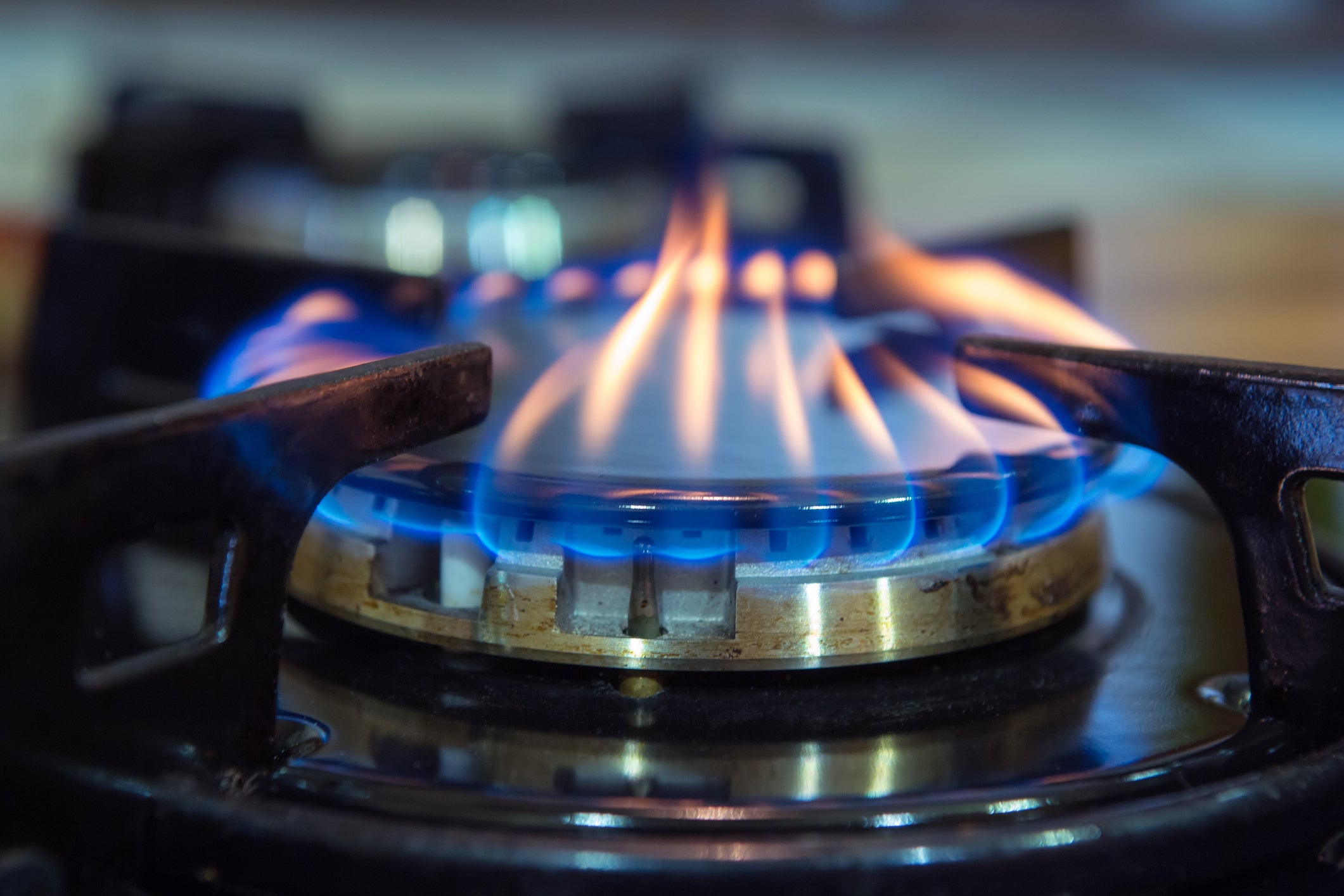‘No safe amount of exposure’ to gas stove pollution

May 14, 2024—People living in U.S. households with gas and propane stoves may regularly breathe in unsafe levels of nitrogen dioxide (NO2), according to a new study co-authored by Harvard T.H. Chan School of Public Health’s Kari Nadeau.
The study, published May 3 in Science Advances, is the first to estimate NO2 exposure from gas stoves nationally and across demographic groups, according to the researchers. It’s also the first to quantify gas stoves’ impact on childhood asthma.
The researchers directly measured NO2 emissions from gas stoves in more than 100 households across the U.S. They used these measurements, along with an indoor air quality model, existing epidemiological evidence on the health risks of NO2, and survey data on housing characteristics and occupant behavior, to estimate the indoor air pollution and health consequences of gas stoves.
The study found that Americans living in homes with gas stoves are exposed to NO2 at levels higher than what the World Health Organization and the U.S. Environmental Protection Agency deem safe. People living in small homes (less than 800 square feet in size) face quadruple the long-term NO2 exposure than people living in large homes (more than 3,000 square feet in size). Compared to the national average, NO2 exposure from gas stoves is 60% higher in American Indian and Alaska Native households and 20% higher in Black and Hispanic/Latino households.
The study also found that 50,000 current cases of childhood asthma can be traced to NO2 exposure from gas stoves—though Nadeau, John Rock Professor of Climate and Population Studies and chair of the Department of Environmental Health, called that number “conservative” in a May 3 WBUR article. If other pollutants from gas stoves, such as carbon monoxide, were factored in, “the full impact may be closer to 200,000 cases [of childhood asthma],” she said.
The researchers noted that NO2 exposure can not only exacerbate or cause new cases of asthma, but is also linked to chronic obstructive pulmonary disease, lung cancer, preterm birth, and diabetes.
“There really is no safe amount of exposure to these toxicants produced by gas or propane, or any fossil fuel, outside or inside,” Nadeau said in a May 3 New York Times article.
Read the study: Nitrogen dioxide exposure, health outcomes, and associated demographic disparities due to gas and propane combustion by U.S. stoves
Read the WBUR article: Study links gas stoves to 50,000 current cases of childhood asthma
Read The New York Times article: Gas Stove Pollution Risk Is Greatest in Smaller Homes, Study Finds
Photo: iStock/FotoCuisinette


